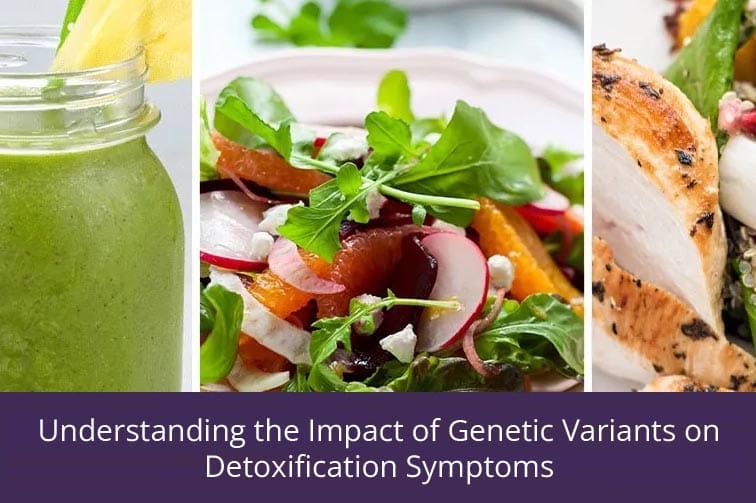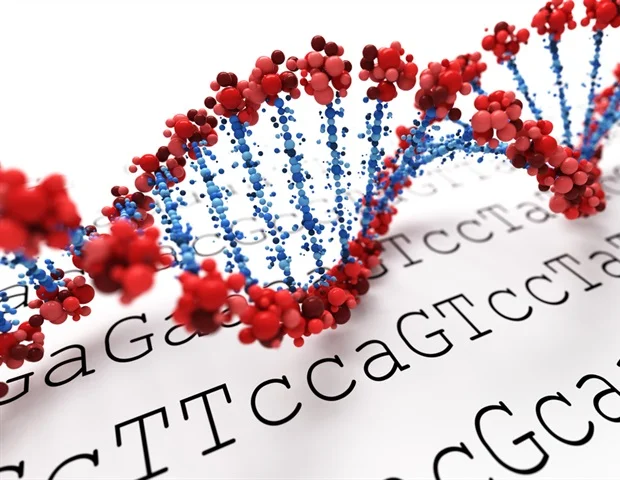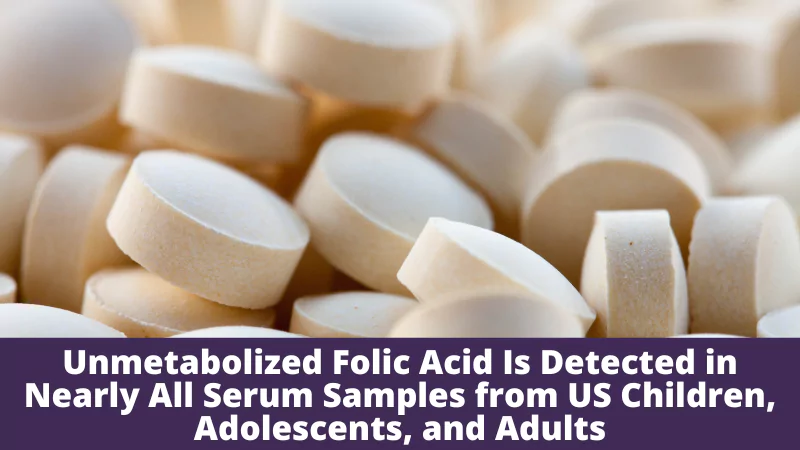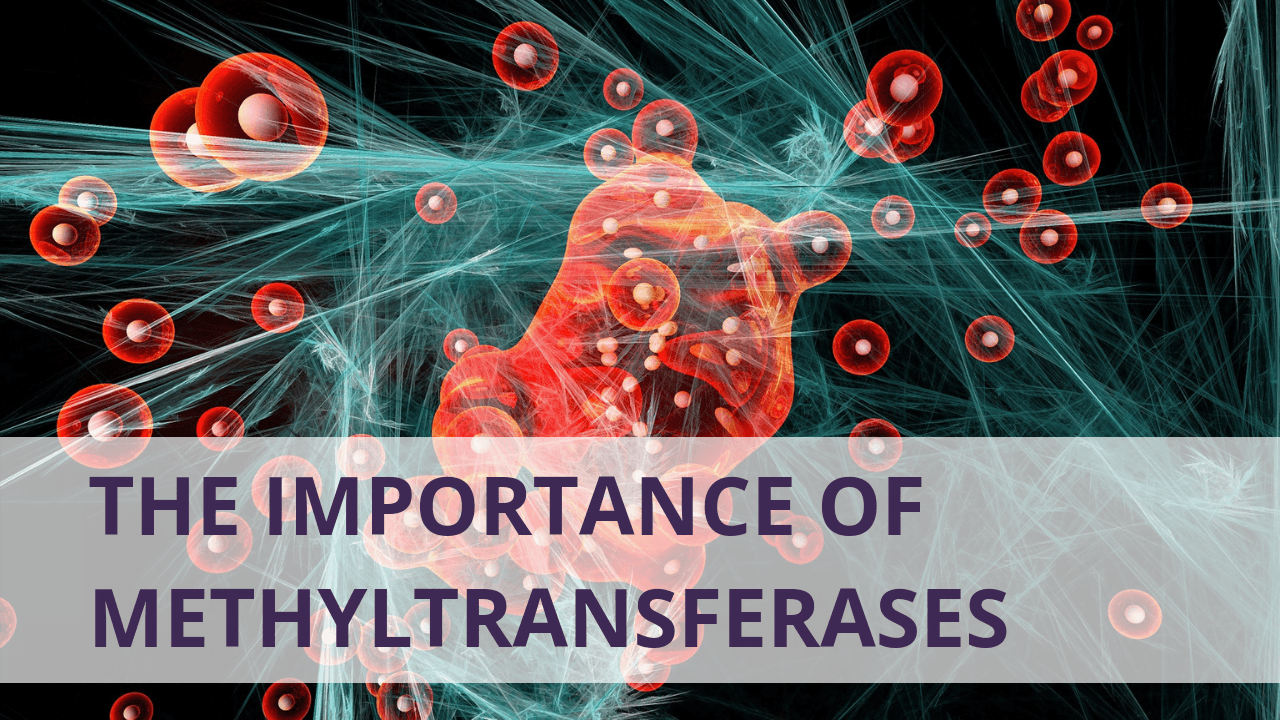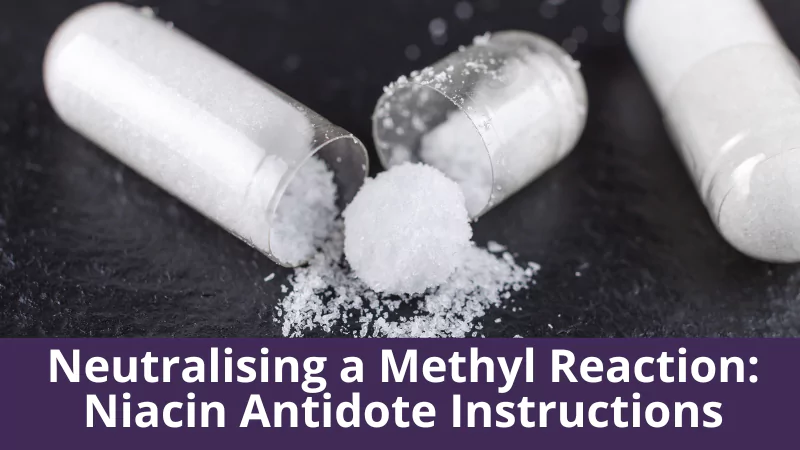Welcome to our health and wellness blog! Today, we’re delving into an intriguing detoxification aspect–genetic variants’ role. While detox programs are popular for their promise of purging toxins and rejuvenating the body, not everyone experiences them the same way. Some people face more severe detox symptoms, and genetics plays a crucial role in this. Let’s explore how genetic differences in detoxification can affect your detox experience.
The Science of Detoxification and Genetics
Detoxification is a complex process in the liver, involving various enzymes that break down toxins for elimination. However, genetic variations can significantly alter the efficiency of these enzymes, leading to different detox experiences among individuals.
Enzyme Efficiency and Genetic Variants
Each person’s DNA contains slight variations that can affect the function of detoxification enzymes. Some individuals have variants that reduce the activity of these enzymes, leading to a slower detox process. This slower pace can result in the accumulation of toxins, manifesting as more pronounced detox symptoms.
In clinic, we also see many people with certain enzyme deletions, so that the enzymes don’t work at all!
The Two Phases of Detoxification
Detoxification in the liver happens in two phases. Genetic variations can impact enzymes involved in both Phase I and Phase II. For instance, a less efficient Phase I enzyme, like CYP1B1, might produce more toxic intermediates, requiring robust Phase II enzymes for further processing. If an individual has compromised Phase II enzymes due to genetic differences such as COMT, UGT, SULT, NAT, Glutathione enzymes, these intermediates can build up, exacerbating detox symptoms.
Variations in your detoxification genes may cause
Specific Substance Sensitivity
Certain genetic variants may render individuals more sensitive to specific toxins or chemicals. This means that substances which are generally harmless to most can cause adverse reactions in these genetically predisposed individuals.
Over time, this can lead to a toxic build up and cause symptoms such as:
Oxidative Stress and Inflammation
Genetics can also influence the balance between the production of reactive oxygen species (a byproduct of detoxification) and the body’s antioxidant defenses. Variations leading to increased oxidative stress and inflammation can contribute to the severity of detox symptoms.
Dietary Component Metabolism
Genetic differences can affect how our bodies metabolize various dietary components, such as caffeine or alcohol. This is particularly relevant during detox programs that often involve dietary changes, as these genetic factors can impact the body’s response to such changes.
Medication Interactions
Lastly, genetic variations in detoxification pathways can alter how individuals metabolize medications. This is critical to consider during a detox, as dietary changes or supplements introduced can interact with these pathways, affecting medication efficacy or side effects.
Signs and Symptoms your detoxification genes need support
1. Skin Reactions:
- Rashes
- Hives
- Itching
- Redness or swelling
2. Respiratory Issues:
- Shortness of breath
- Wheezing
- Coughing
- Nasal congestion or runny nose
- Asthmatic symptoms
3. Gastrointestinal Disturbances:
- Nausea
- Vomiting
- Diarrhea
- Abdominal pain or cramping
- Bloating
4. Neurological Symptoms:
- Headaches or migraines
- Dizziness
- Fatigue
- Difficulty concentrating or memory issues
- Mood changes, such as irritability or anxiety
5. Allergic-type Reactions:
- Anaphylaxis (in severe cases)
- Swelling of the lips, tongue, or throat
- Difficulty breathing
- Rapid heartbeat
6. Musculoskeletal Complaints:
- Muscle aches or cramps
- Joint pain or stiffness
7. Cardiovascular Symptoms:
- Palpitations
- Fluctuations in blood pressure
8. Sensory Disturbances:
- Sensitivity to light or sound
- Altered taste or smell
9. Immunological Responses:
- Increased susceptibility to infections
- Autoimmune-like symptoms
10. Behavioral Changes:
- Hyperactivity or restlessness (especially in children)
- Unusual patterns of sleep or eating
It’s important to note that these symptoms can vary greatly in intensity and may not always be immediately linked to a specific substance or cause.
Additionally, the onset of symptoms can be immediate or delayed, complicating the identification of the specific substance causing the reaction.
Personalizing Your Detox Experience
Understanding your genetic makeup can be invaluable in tailoring a detox program that’s safe and effective for you. It helps in identifying which detox pathways might be less efficient and in designing a program that accounts for these genetic predispositions.
If you haven’t tested your genetics yet, we highly recommend this test.
Proceeding with Caution
It’s vital to approach detox programs with caution and under the guidance of health professionals, especially for those with known genetic variants affecting detoxification. A personalized approach, considering your unique genetic makeup, can make your detox journey not only safer but also more beneficial.
Remember, your path to wellness is as unique as your DNA, and understanding your genetic predispositions can be a powerful tool in achieving optimal health.
Want to do a detox program designed with genetics in mind?

